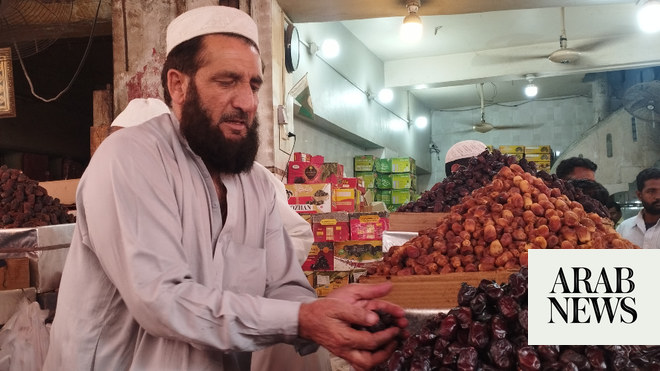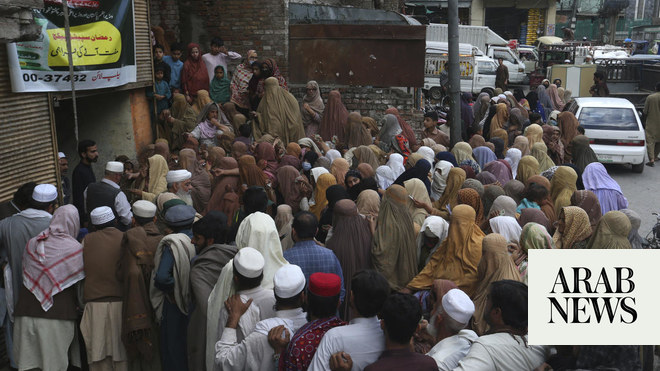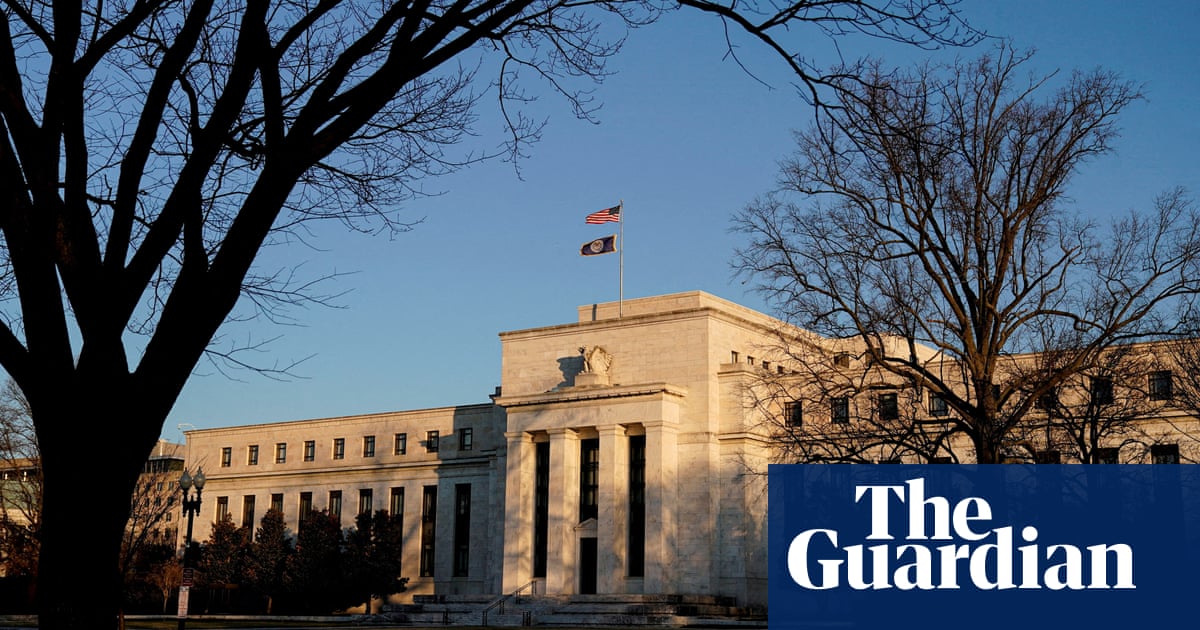
Pakistan’s inflation jumped to 50-year high of 31.5% in February
Over 80% of the fruit’s crops were destroyed by last year’s floods
KARACHI: As Ramadan began on Thursday, Pakistanis bore the brunt of soaring inflation as business activities in the country’s biggest date market picked up pace, with prices of some varieties surging by 50 percent compared to last year.
Hidden behind skyscrapers in Karachi’s historic Lyari area, the century-old market comes to life during the holy fasting month, when dates are consumed before the fast starts in the morning and to break it when the sun sets.
But date prices are significantly higher this year as the inflation rate in Pakistan jumped to a 50-year high, or 31.5 percent, last month.
“Everything has become expensive, and date prices have also increased,” businessman Muhammad Ishaq told Arab News, as he was shopping at the market.
“What I bought for Rs350 ($1.24) last year is now being sold for Rs500 ($1.77) per kilogram.”
Sales of the fruit have declined compared to 2022 because of the price surge, sellers said, blaming the hike also on import restrictions and the destruction of local crops when devastating floods hit Pakistan from June to October.
“Due to high rates, the buying trend has decreased,” Muhammad Sabir, chairman of the Khajoor Market Association, told Arab News.
“Now premium quality dates per maund (40 kg) is being sold for Rs20,000-Rs22,000 (about $70-$77).”
As Pakistan has been struggling with depleting foreign reserves, the government slapped import restrictions on certain goods last May, including on dry and fresh fruits.
While the measures were lifted a few months later, sellers said they had contributed to the date price surge as imports from some of the main source markets did not materialize on time.
“Government had no dollars, due to which imports from Iraq were not made in time,” Hanif Baloch, who imports and sells dates, told Arab News.
Pakistan is a major producer of the fruit, with annual production estimated at around 500,000 metric tons. But more than 80 percent of date crops in the South Asian country were destroyed in the floods that submerged a third of the country. “Local date crops were ruined in floods that affected Balochistan and Sindh,” Baloch said.
“The Pakistani variety of Aseel and Mazafati dates have not been coming to the market.”
Pakistan cultivates most of its dates in Balochistan and Sindh provinces, which were the most affected by last year’s deluge. “The date crop was the first to suffer and in parts of Sindh’s growing belt it was entirely wiped out as it was the fruiting season,” Mahmood Nawaz Shah, senior vice president of Sindh Abadgar Board, told Arab News.
“The lack of post-harvest storage and drying facilities also compounded the situation and added to the crop loss.”












